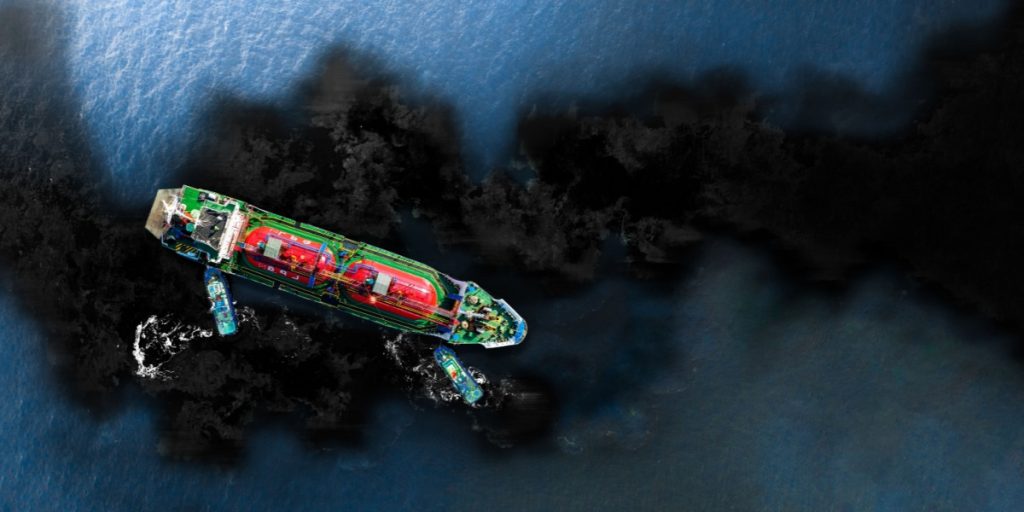Denmark aims to halt the dumping of harmful scrubber water into its seas.
Others are reading now
Magnus Heunicke, Denmark’s Environment Minister, has announced plans to introduce a ban on ships discharging scrubber water, containing harmful substances like heavy metals and tar, into the sea.
This move comes in response to the significant environmental impact these discharges have on marine life, including the country’s marine ecosystem and fish populations.
Direct Assault on Marine Pollution
“We do not want these deeply harmful and health-threatening substances in our marine environment. With this ban, we will be able to reduce the amounts in our seas,” Heunicke stated in an interview with the Danish news agency DR.
The contaminants, including hazardous heavy metals like lead and cadmium, have been traced back to the use of scrubbers, a technology intended to cleanse ship emissions but which has inadvertently led to marine pollution.
Also read
Heunicke explained the rationale behind the targeted ban: “We can see that it is a significant pressure factor on our marine environment. There are too many heavy metals, and there are too many tar substances. We can also see that a significant part of this is due to the discharge of this scrubber water. Therefore, it is important that we put a stop to it.”
The Complexity of Enforcement
Acknowledging the challenges in enforcing the ban, particularly in international waters and for ships merely passing through Danish territorial waters, Heunicke admitted the limitations faced by Denmark.
“It might be Russian ships or others that navigate through Danish waters, and we struggle to have better options for control. But this ban does not change the opportunities for control, as they are defined in the UN Convention on the Law of the Sea,” the minister stated.
Despite these hurdles, Heunicke remains hopeful, pointing out the broader international movement towards similar bans, which could naturally limit non-compliant ships’ options.
“The good thing is, more and more countries are starting to introduce these bans as well. This means it will become harder and harder to find a port that does not have these bans,” Heunicke reflected on the potential for collective international action to mitigate the issue.
The Cost of Compliance
The proposed legislation, aimed at safeguarding Denmark’s coastal and marine ecosystems, is expected to impose financial burdens on shipping companies, estimated at around 39 million DKK (or $5.66 million dollars) for necessary modifications to ships.
This move, though costly, is seen as a critical investment in environmental protection and sustainable maritime practices.


